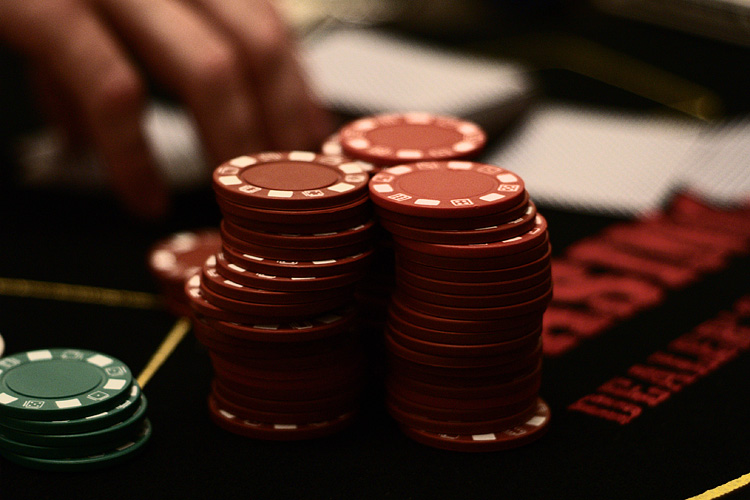Gambling is often described as the’sport’ or ‘action’ that goes along with other activities. Gambling is usually the wagering money on something with an unpredictable outcome with an intention of winning something more in value than what is actually stake. Gambling therefore requires three factors to be present: risk, consideration, and a prize to be won. These 3 factors are very important and need to exist in any gambling environment; if not they will drive away the majority of people, who see it as nothing more than ‘wastebaskets’.
Youth gambling takes place in many different environments. The internet has seen a huge rise in youth gambling, particularly online betting and poker rooms. One of the biggest characteristics of gambling behavior among this age group is that they do not view gambling as dangerous. This is supported by statistics, which show that younger people consider gambling less risky than adult gambling, and are more likely to be non-gamers, or even engage in ‘work related’ gambling. Because of these views and the ease with which adolescents and kids gamble online it is no wonder that there is a flourishing online gambling industry with websites for virtually every kind of gambling you can imagine. This also allows for many of the stereotypes of traditional gambling to become blurred – such as, for example, that all gamblers are criminals with financial problems.
Youth also tends to view gambling as a way of making fast money. While this may sound appealing, the fact of the matter is that gambling takes time and planning. Many people gamble just for the thrill of winning, while others do so for the chance to make some fast cash. Gamblers are considered to be risk averse, however, by most gambling experts. This is because gambling involves risks of loss, and those who gamble on a regular basis are considered to have a ‘probationary’ attitude.
Another misconception about gambling is that it is a disease. Most people that are suffering from pathological gambling, in fact, do not even know that they have it! In fact, many people claim that they can go weeks or months without betting or gambling, but this is actually considered to be an exaggeration. People that suffer from compulsive gambling often will gamble uncontrollably – this is problematic because it can lead to bingeing and over-spending. Gambling addicts are usually known to exhibit high irritability and gambling addiction, which is a classic sign of an escalating problem.
People suffering from compulsive gambling are often ostracised within their communities. However, this behaviour is highly rooted in psychological problems. This is especially true of people who are living with a gambling addiction, because their problems are often exacerbated by stress and anxiety, leading to poor health and relationships. Compulsive gambling addicts are also more likely to experience a range of problems such as work/home stress, poor relationships at work and at home, and even abuse drugs and alcohol. The vicious circle of pathological gambling addiction and the problems that come with it can make the gambler feel helpless and unable to control his/her behaviour.
However, understanding the problem does not always mean that the gambler will be able to defeat it. Gambling addicts may seem like a losing proposition at first, but there are a number of treatments available that can teach the gambler how to manage their problem. Gamblers that are willing to seek out professional help are likely to find treatment that addresses not only their addiction to gambling, but also give them ways to cope with stressful situations that arise when they engage in their hobby. Gamblers that suffer from compulsive gambling problems are more likely to learn how to overcome their problems, but they must be willing to take personal responsibility for their actions. It is also possible to overcome problem gambling with the assistance of a trained professional.





